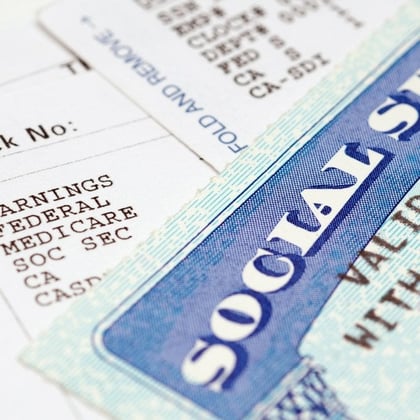The consumer price index data for May, released Friday, shows that prices have risen by 8.6% over the past 12 months before a seasonal adjustment, the largest since December 1981, and 1% from April to May. April statistics from the Bureau of Labor Statistics showed prices rose by 8.3% over 12 months and 0.3% from March.
Based on this data, the Senior Citizens League estimates the Social Security cost-of-living adjustment, or COLA, for 2023 could be 8.6%, as it predicted last month. This would be the highest COLA since 1981.
Mary Johnson, the league’s Social Security and Medicare policy analyst, bases monthly COLA estimates on changes in the Consumer Price Index for Urban Wage Earners and Clerical Workers, known as the CPI-W. In May, the league pegged the 2023 COLA at 8.6%.
The annual Social Security Trustees Report, released last week, projected a COLA of 3.6% in 2023. But the program’s chief actuary, Steven Goss, said in a webinar by the Bipartisan Policy Center that the COLA could be much bigger if inflation continues apace.
“With the trends we’re seeing this year, it’s likely we’re going to have a COLA closer to 8% than 3.8% next year,” especially with higher wages mixed in, he said.
The Social Security Administration uses average inflation in the third quarter, based on the CPI-W, to calculate the benefit adjustment for the following year. The COLA was 5.9% in 2022.
The biggest price increases in May were in shelter, gasoline and food, according to the Bureau of Labor Statistics. After declining in April, the energy index rose 3.9% in May, with gasoline rising 4.1%. The food index rose 1.2%.









 June 10, 2022 at 09:32 AM
June 10, 2022 at 09:32 AM












